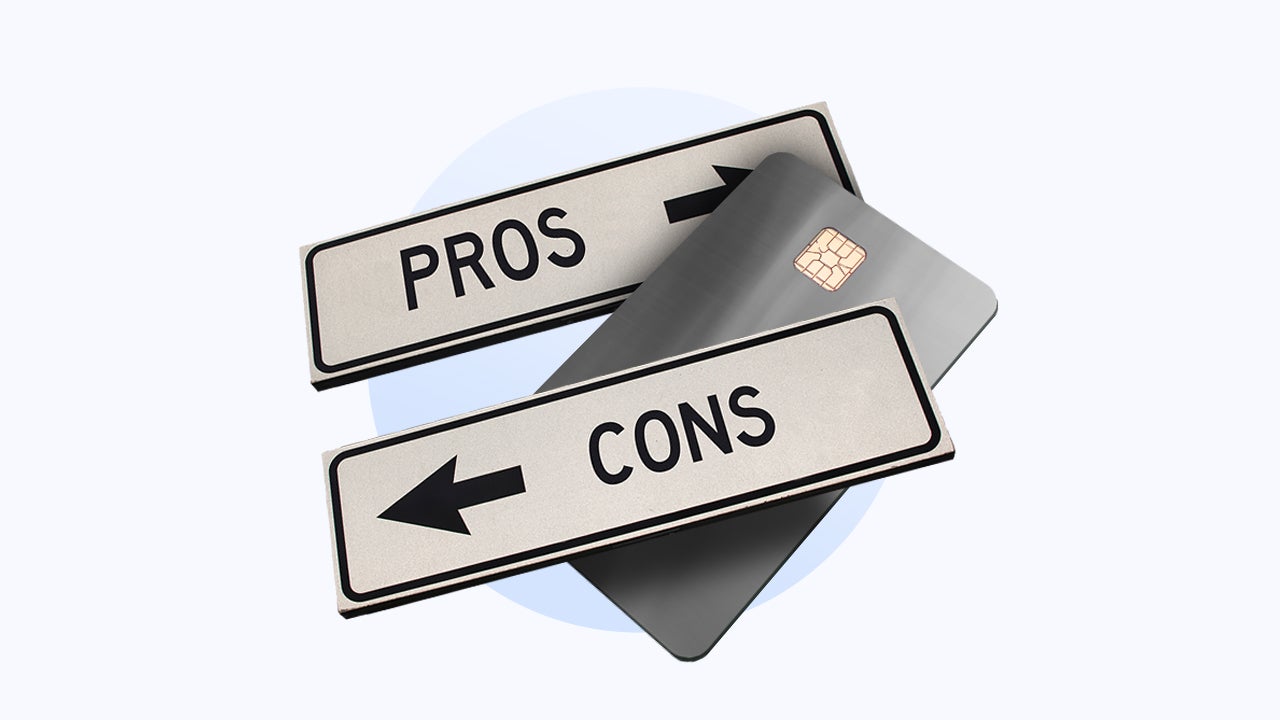Credit Card Advantages and Disadvantages

Understanding the Benefits and Risks of Credit Cards
Credit cards can be a powerful financial tool when used wisely. They offer numerous advantages, such as building credit, earning rewards, and providing various forms of protection. However, they also come with potential drawbacks, including high interest rates and the risk of accumulating debt. It's essential to understand both sides before deciding whether a credit card is right for you.
Key Advantages of Credit Cards
Building Credit
One of the most significant benefits of using a credit card is the opportunity to build a strong credit history. Responsible use—such as making timely payments and keeping balances low—can improve your credit score over time. A good credit score can open doors to better loan terms, lower interest rates, and more financial flexibility in the future.
Rewards and Perks
Many credit cards offer rewards programs that allow you to earn cash back, points, or miles on everyday purchases. Some cards even provide welcome bonuses after meeting certain spending thresholds. For example, frequent travelers might benefit from travel-oriented credit cards that offer points toward flights and hotel stays, while others may prefer cash-back cards that reward spending on groceries, gas, and entertainment.
Travel Benefits
Credit cards often come with travel-related perks, such as travel insurance, no foreign transaction fees, lounge access, and statement credits for services like Global Entry or TSA PreCheck. These features can make traveling more convenient and cost-effective.
Fraud Protection
Using a credit card provides an added layer of security compared to using cash or debit cards. Most credit cards offer zero-liability fraud protection, meaning you won't be held responsible for unauthorized charges if you report them promptly. Even if your card doesn't offer this protection, the Fair Credit Billing Act limits your liability to $50.
Purchase Protection
Many credit cards also offer purchase protection, which can cover stolen or damaged items within a specific timeframe—usually 90 to 120 days. This benefit can be particularly useful for high-value purchases.
Introductory APR Offers
Some credit cards offer 0% introductory APR periods on balance transfers or new purchases, allowing you to avoid interest charges for a limited time. These offers can help pay off existing debt or make a large purchase without incurring immediate interest. However, it’s important to pay off the balance before the promotional period ends to avoid steep interest rates afterward.
Potential Drawbacks of Credit Cards
High Interest Rates
Credit cards typically have higher interest rates than other lending products. The average rate is currently just over 20%, and some cards carry even higher rates. Carrying a balance means paying interest on the remaining amount, which can quickly add up and lead to significant debt.
Fees
In addition to interest, credit cards may come with various fees, such as late fees, annual fees, and foreign transaction fees. While some premium cards offer valuable benefits that justify the cost, it's important to review the terms and conditions carefully to understand what you're paying for.
Risk of Debt
High credit limits can tempt users to overspend, especially if they don’t have a clear budget. Overspending can lead to unmanageable debt, especially with high interest rates. To avoid this, it’s crucial to track expenses and ensure that you can pay off the full balance each month.
Deferred Interest Promotions
Some cards offer deferred interest promotions, where you don’t pay interest during a promotional period. However, if you don’t pay the full balance by the end of the period, you’ll be charged all the accumulated interest. Be cautious of these offers and read the fine print carefully.
Impact on Credit Score
While credit cards can help build credit, poor habits like carrying high balances or missing payments can hurt your score. Experts recommend keeping your credit utilization below 30% and making all payments on time to maintain a healthy credit profile.
Tips for Using a Credit Card Responsibly
To get the most out of your credit card while avoiding its downsides, follow these tips:
- Pay Your Balance in Full and On Time: This helps build a positive credit history and avoids interest charges.
- Monitor Your Spending: Keep track of your expenses to ensure you don’t exceed your budget or max out your card.
- Avoid Overspending: Stick to a budget that allows you to pay off your balance each month.
- Review Your Statements Regularly: Check for any unauthorized charges or errors and report them immediately.
- Understand the Terms: Familiarize yourself with the fees, interest rates, and rewards associated with your card.
Conclusion
Credit cards can be a valuable financial tool when used responsibly. They offer opportunities to build credit, earn rewards, and enjoy various protections. However, it’s important to be aware of the risks, such as high interest rates and the potential for debt. By practicing good financial habits and making informed decisions, you can maximize the benefits of a credit card while minimizing its drawbacks.
Post a Comment for "Credit Card Advantages and Disadvantages"
Post a Comment